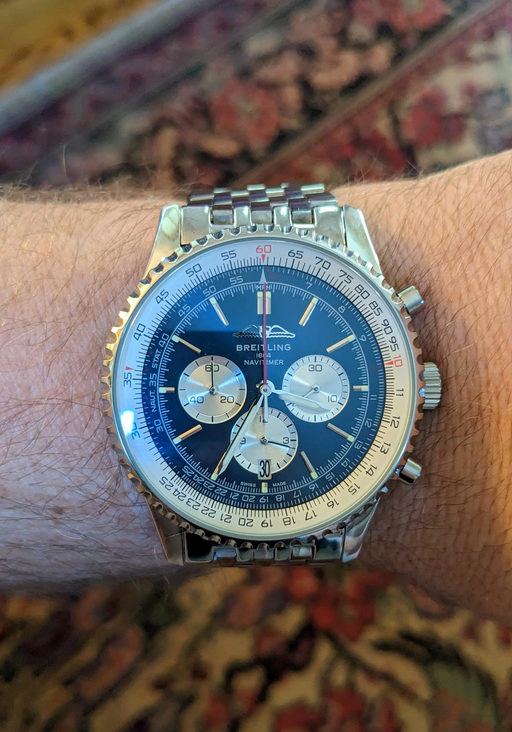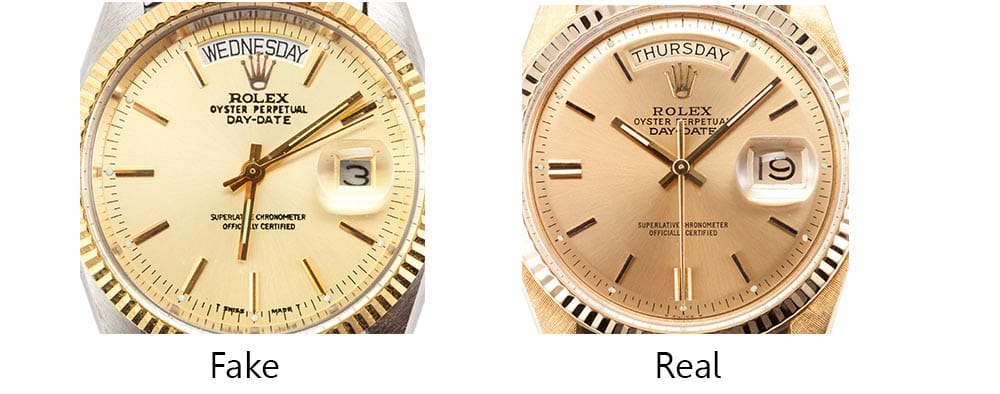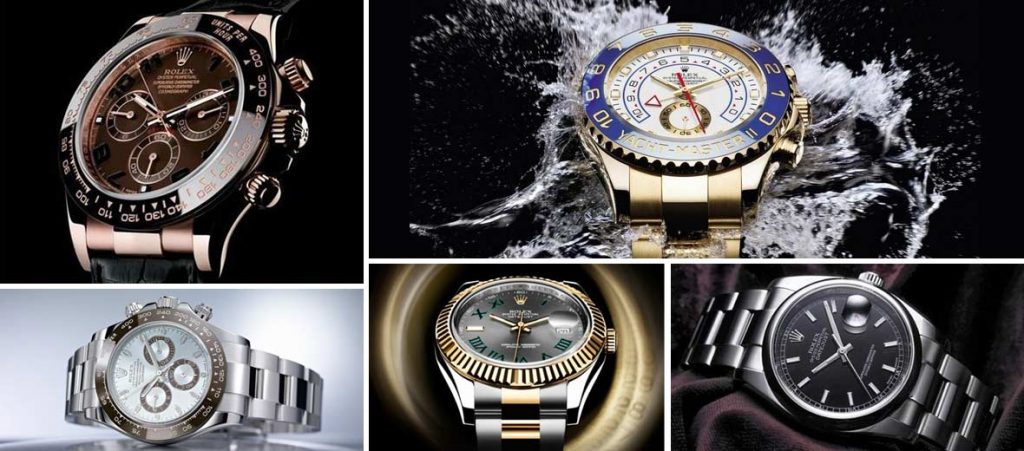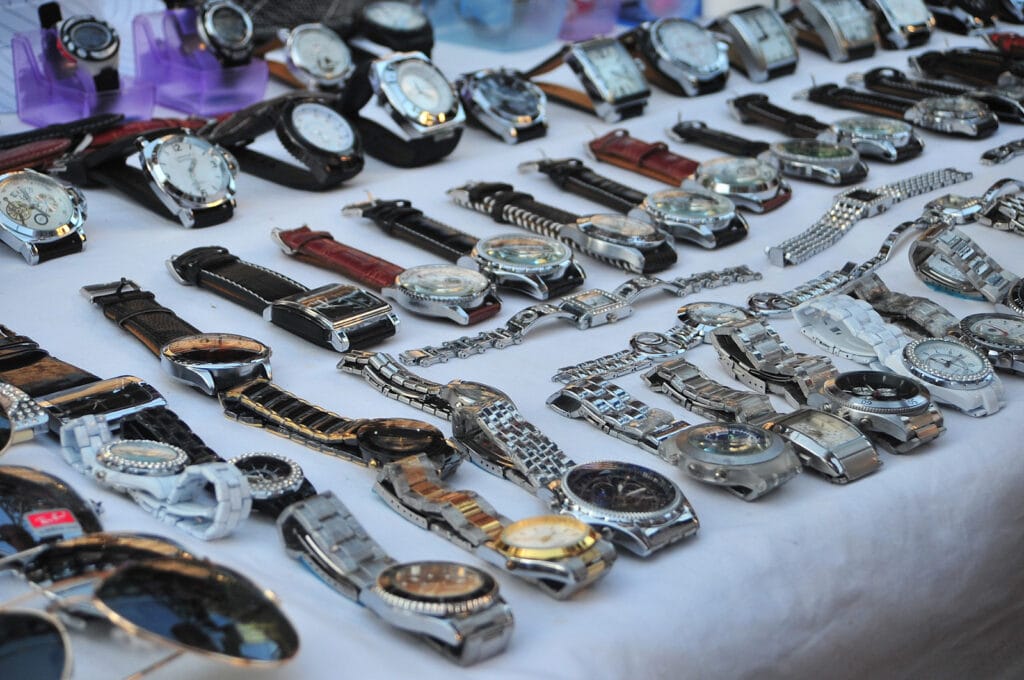I’ve always admired Breitling watches. The craftsmanship, the history, the robust design – they represent a certain level of quality and achievement. For years, I coveted a Navitimer, but the price tag was, frankly, prohibitive. So, I did what many people in my situation do: I looked for a cheaper alternative. I fell into the trap of buying a replica. And let me tell you, it was a mistake I deeply regret.
The initial allure was strong. The website promised an almost indistinguishable copy, boasting high-quality materials and meticulous attention to detail. The price was a fraction of the genuine article, and the pictures looked stunning. I rationalized it; it was just a watch, after all. What difference could a few hundred dollars really make? A significant difference, as it turns out.

The first problem emerged almost immediately. The watch arrived, and while it superficially resembled a Breitling, the flaws were glaringly obvious upon closer inspection. The weight felt off; it was noticeably lighter than I expected. The movement, even though advertised as a “high-quality replica,” was clunky and inconsistent. It gained and lost several seconds every hour, rendering it unreliable. The purported sapphire crystal felt cheap and scratched easily. The clasp, supposedly made of stainless steel, tarnished within weeks.
Beyond the technical flaws, the emotional disappointment was far more profound. Wearing the replica felt…cheap. It lacked the satisfying weight and the confidence that comes with owning a genuine, well-made timepiece. Every time I glanced at my wrist, instead of feeling pride, I was reminded of my poor decision. It was a constant, nagging reminder of my attempt to shortcut the path to luxury, a shortcut that ultimately led to a dead end.
Beyond the personal disappointment, the ethical implications weighed heavily on me. I knowingly supported an industry that profits from counterfeiting and intellectual property theft. This is not a victimless crime; it harms legitimate businesses and their employees.
In the end, the replica Breitling ended up in a drawer, a silent testament to a poor choice. It serves as a constant reminder that some things are worth saving for, and that true value lies not just in appearance, but in quality, integrity, and the satisfaction of owning something authentic. If you’re considering buying a replica Breitling, or any replica luxury item for that matter, please heed my warning: don’t do it. The short-term cost savings are far outweighed by the long-term regret and the ethical compromises involved. Save your money, and invest in something genuine. The difference is night and day.



